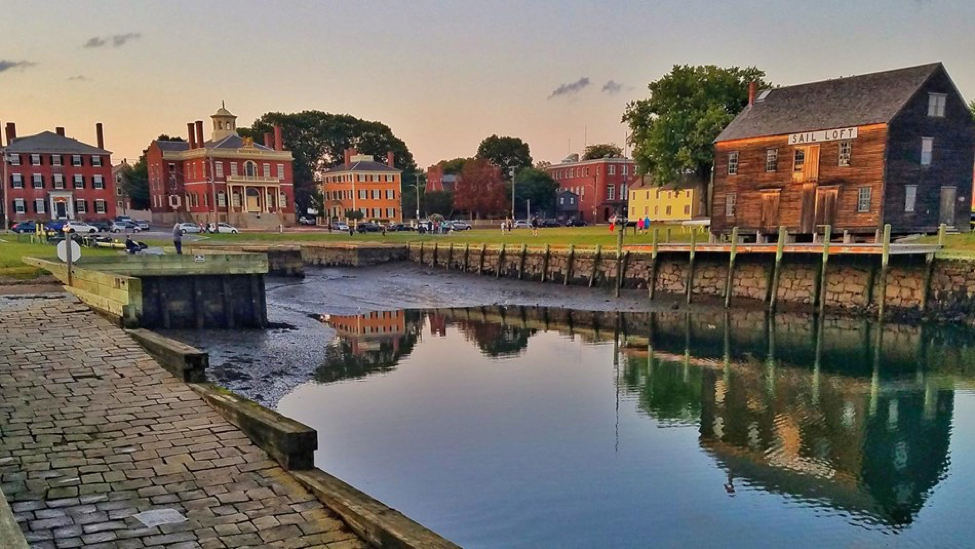“Don’t Know Much About History…”
By: Sandhya Narayanan
How much do we actually know about our own history? Generally, I would say that the general public probably does not know a lot. But even for the small section of society who do know their history, how much of it do we really know? And how much more of it don’t we know?
These past two weeks as an intern at Salem Maritime and Saugus Ironworks National Historic Sites has forced me to confront this reality head-on. Part of this is through the nature of the work that I am doing with both sites- building engagement and hopefully a long-term partnership between these two historic sites and the local Massachusett and Nipmuc tribes on whose lands they are located.

Our Beloved Kin website of Native Praying towns and territories in Southern New England
Both parks for generations have conveyed a particular history for New England locals. Essex county, and really coastal Massachusetts has been historically the home of Puritans and witches. Of ol’ timey blacksmiths working one of the earliest iron forges in America. Of “founding” fathers, whose descendants would go on to define what American history, politics, governance, literature, and culture is to this day. It is a one-sided story, that produced the likes of Hawthorne and Melville, while also becoming one of the hottest spots to celebrate Halloween in the country (and if you don’t believe me…just watch Hocus Pocus!).
But that story is missing so much of the indigenous communities of the area who were already there and continue to reside in the surrounding communities. It disconnects us from the area’s connection with slavery and colonial trade; not only across the Atlantic but also across the world as England continued to slowly beg, borrow, and steal lands across the earth in the name of King (or Queen), country, and Empire.

Revisiting the ‘Triangle Trade’ as taught in history class. Only that slaves were brought as far up north as Boston and New England. And slaves were not only of African descent, but also included native communities from New England
So, you don’t know much about history? The truth is most of us don’t, and many continue to live not caring or wanting to know those alternative histories. But that cannot continue to be the case now moving forward. We have to collectively begin confronting and truly knowing and understanding our history. For me, this internship is just one step towards that goal.

